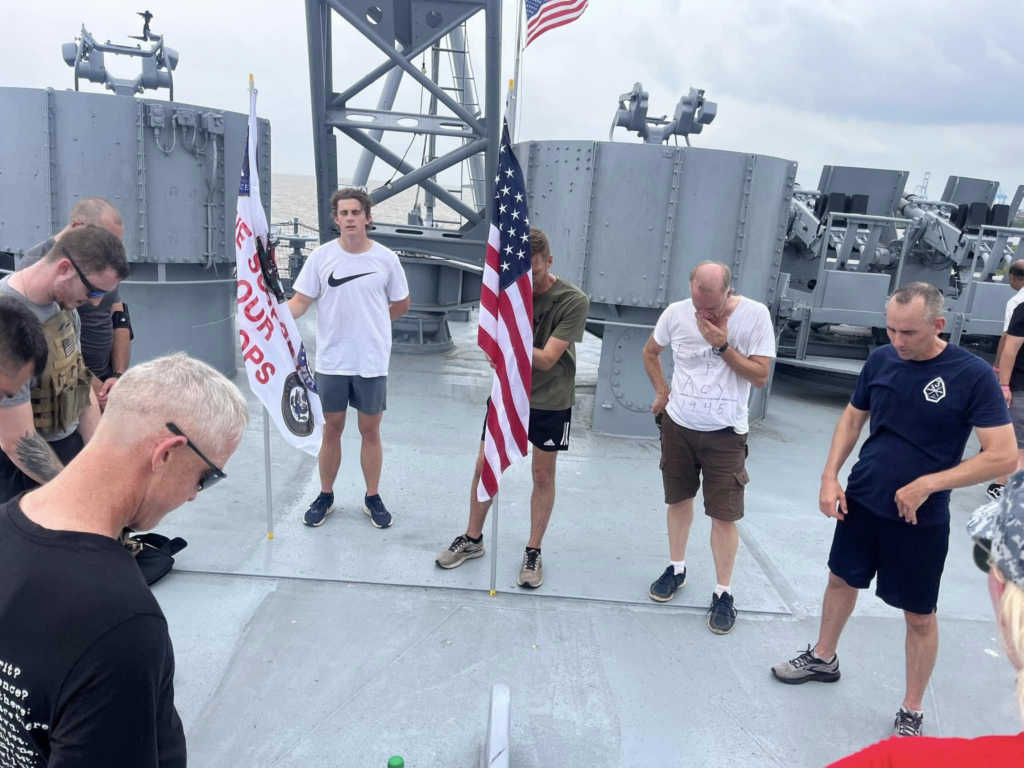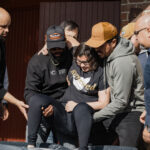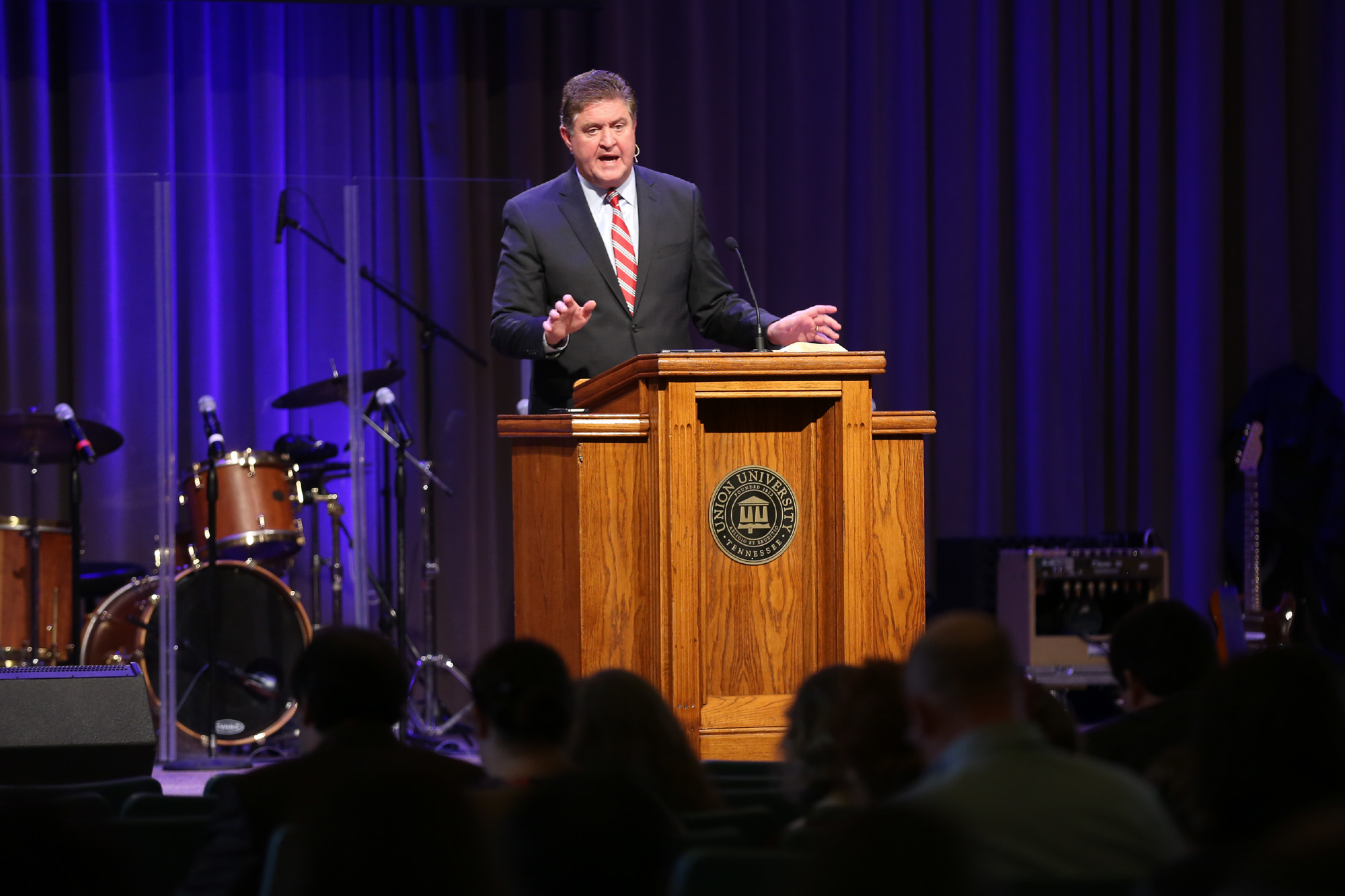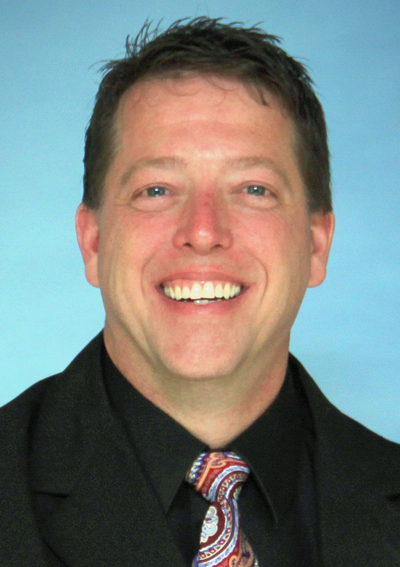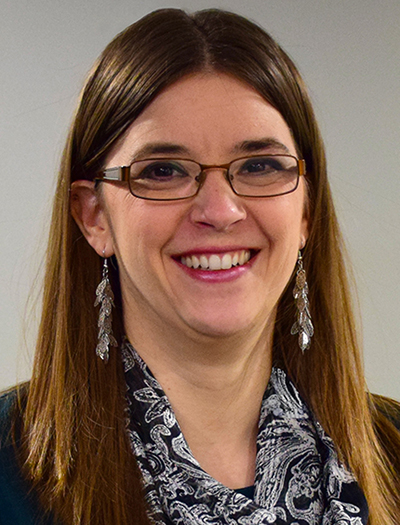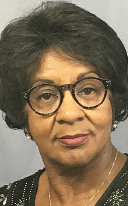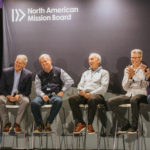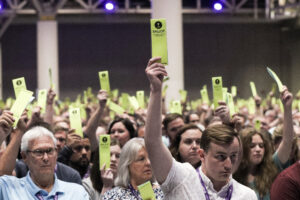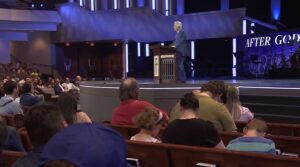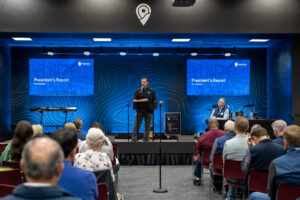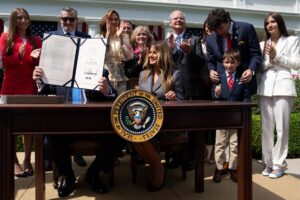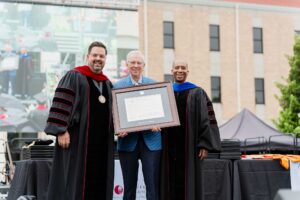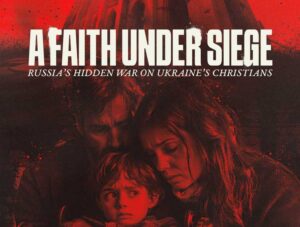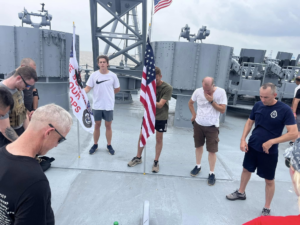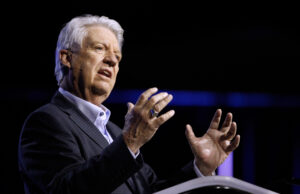
MOBILE, Ala. (BP) – First in Fallujah, Iraq, then in Djibouti, Africa, and finally Mobile, Alabama, the Memorial Day Flag Relay (MDFR) has been bringing encouragement and healing to active-duty servicemen, veterans and their families for 20 years.
It has also pointed the way to Christ.
Retired U.S. Navy Rear Admiral Endel Lee, Southern Baptist Navy chaplain, highly decorated naval officer, pastor, and former New Orleans Baptist Theological Seminary faculty member, helped found a flag relay that began at Camp Fallujah, 2005, while Lee served with the 8th Communications Battalion, 11 Marine Expeditionary Force.
A flag relay in an active combat zone proved fruitful in many ways.
“I was very intentional about [Gospel conversations] and using that example of freedom to point to the ultimate sacrifice of Jesus,” Lee said. As he often repeats: “Thousands have died for our freedom, but only one has died for our souls.”
Remembering one Marine’s remark that the relay “should be done in America,” Lee brought the idea home to Mobile. This year, the annual MDFR in Mobile marks its 17th year.
In all correspondence regarding the flag relay, Lee’s signature includes John 15:13 as a connection point to Jesus’ ministry and His daily service to others.
In Mobile, the MDFR, known as “Remember 2 Remember,” covers a 22-mile trek from an active-duty Coast Guard station to the USS Alabama battleship housed in Mobile Bay. Runners carry two flags – the U.S. flag along with a white flag with the insignia of each branch of the service – and board the WWII battleship at the end to “touch” the USS Alabama’s flag.
During the relay, Mobile community members often pull their cars over to the side, at times standing at attention with hands over their hearts as runners pass.
“That’s pretty incredible to see,” Lee said.
Hundreds of active-duty personnel, veterans, disabled veterans, family members, friends and supporters have participated in the relay. In some years, the MDFR has ended at military installations as far away as Biloxi, Miss., or Pensacola, Fla.
Afterwards, the U.S. flag carried during the relay is presented to a local family of a veteran in honor of a loved one lost while serving. The presentation is private and often emotional, Lee said.
One family lost a son in Afghanistan weeks before the first MDFR in Mobile. Lee recounted that receiving the flag “meant the world” to the mother. Lee explained that the mother told him that day that her greatest fear was that people would not remember her son and his sacrifice.
“The purpose of the race is to remember, but it also becomes a healing event,” Lee said, adding: “It has been for me.”
A time for healing
Deployed to Iraq while serving on faculty at New Orleans Baptist Theological Seminary, Lee returned home to New Orleans in 2005, two weeks before Hurricane Katrina flooded the NOBTS campus and his family’s home.
“I didn’t have time to process [my time in Iraq] before experiencing a different kind of loss,” Lee said. He served as chaplain during the rescue and recovery efforts for the U.S. Coast Guard in the aftermath of Hurricane Katrina.
Later deployments saw Lee in combat regions again in Afghanistan and in Djibouti, Africa. There he ministered to those facing danger and experiencing post-traumatic stress responses.
Lee remembered the Camp Fallujah MDFR and the impact it made and helped organize flag relays in other locations, including at camp in Djibouti, Africa, in 2013.
“That is probably what drove me to take what we had seen, the inspiration, the healing there in Fallujah that day as people were able to get involved and talk about some of their feelings, their memories, and their losses,” Lee explained, “and continue this back home.”
Teams of two ran from sunrise to after sunset at the Camp Fallujah MDFR, clocking 101 kilometers (about 63 miles) and handing off the relay flags to the next team at 15-minute intervals.
As word spread through the camp that day, others asked to join in, while some runners asked to run a second leg. By the relay’s end, about 180 runners had participated.
Daniel Guiffreda, now a chaplain with the Air National Guard in Belle Chasse, La., served in Fallujah as Lee’s RP (Religious Program Specialist). Guiffreda noted the relay’s impact on active-duty personnel who grieved friends lost in combat.
“The relay gave them a way to honor that memory,” Guiffreda said. “[Those lost] weren’t just forgotten, but people were actually remembering them. That is just one part of the healing process for people.”
Healing in the church
Guiffreda said veterans often feel disconnected and out of place after returning home but sees this as an opportunity for church ministry.
In his own church, Guiffreda said he has discovered veterans who remained silent through the years despite their own “pretty significant experiences” while serving. Guiffreda noted the importance of events such as the MDFR.
“The appreciation [active-duty military members] feel brings a level of comfort,” Guiffreda said. “I think it validates not only their current service but it makes them feel like the loss that others have experienced has not gone unnoticed, that it is not worthless, and that keeps them from feeling that what they experienced was in vain.”
When Lee speaks of the freedom won by those serving the nation, he links to John 8:31-36 and the true freedom found in Christ. As he points to Jesus’ example of serving others daily in His ministry, he often tells of a young friend, Adam Brown, a Navy Seal who was killed in action in 2010. Lee recounted that Brown made daily sacrifices of his own comfort to ensure Lee’s safety as they served together in Afghanistan.
Lee has served as chaplain to different branches of the military in various roles, including in the days following Sept. 11, 2001. “Daily sacrificing” for others is modeled by first responders as well as military personnel, Lee said, adding that taking the time to honor those who have served is a sacrifice of time and effort.
“Even participating in an event (such as the MDFR) is a way of ‘laying down your life’ in a way that shines light and good,” Lee said.
For Lee, remembering the sacrifice of those in military service makes for a clear and quick reminder to others of the ultimate sacrifice of Christ.
